Czech president discounts alleged Russia role in 2014 depot blast
Czech President Milos Zeman has expressed doubts about alleged Russian involvement in the 2014 ammunition dump blast in the central European nation that sparked a major row with Moscow, which fiercely denied the accusation.
In his first public statement on the case, Zeman insisted in pre-recorded remarks on Sunday that the alleged role of Russian spies in the explosion was only one of the two theories still under investigation and that the possibility it was an accident should not be ruled out.
“We are working with two investigative theories - the first, original one, that there was an explosion resulting from inexpert handling of explosives, and the second that it was an operation of a foreign intelligence service,” said the Czech president during a speech carried on Prima television.
“I take both of these theories seriously and I wish for them to be thoroughly investigated,” he further emphasized.
The remarks came after the country’s Prime Minister Andrej Babis claimed on April 17 that there was “well-grounded suspicion” of the involvement of two Russian military intelligence service (GRU) agents in the 2014 blasts, without mentioning any other possible version of the incident.
Zeman, however, underlined that there was no evidence the Russian agents entered the Vrbetice facility -- a complex of warehouses 330 kilometers east of Prague -- but also noted that the suspicion of their involvement remains serious and not yet ruled out.
Moreover, the TASS news agency further cited Zeman as saying on Sunday that the Czech intelligence reports made no mention of any evidence about the Russian agents’ involvement and that the allegations had only surfaced in recent weeks. He also unveiled that Czech security authorities discovered proof that Bulgarian arms trader Emilian Gebrev has been involved in the 2014 blasts.
Moscow says Czechs had no proof of Russia role, points finger at Bulgaria
The development came as Russia’s Foreign Ministry Spokeswoman Maria Zakharova reiterated in an interview on Sunday that Prague had no proof for its allegation of Russian involvement in the Vrbetice explosion.
“Over the recent seven years of investigation, the country’s government has had no grounds, let alone any evidence, to make such statements,” she said in remarks made during the interview with Rossiya-1 television channel.
“It has emerged that there were depots that were not controlled by that country’s government, by neither of its official structures in the Czech Republic,” she underlined. “The most peculiar thing about this is that as follows from media reports, notably, from Western media reports, a private company owned by a citizen of a NATO state, specifically, Bulgaria, was operating in the Czech Republic.”
The Czech government expelled 18 Russian diplomats and other embassy staff it accused of spying last week, a move supported by Zeman. Prague also ordered 63 more Russian diplomats and embassy staff to leave the country by the end of May.
Moscow retaliated by expelling 20 Czech diplomats and staff, and further requiring the Czechs to cut nearly 90 Russian support staff working at the Czech embassy and a complex including a hotel for Czech visitors to Moscow.
The European Union and the US-led NATO military alliance have also issued statements supporting the Czech’s anti-Moscow measure and the Baltic states and Slovakia have expelled Russian diplomats in solidarity.
As president, Zeman can appoint prime ministers but is not involved in the country’s executive affairs. He has reportedly taken mostly pro-Moscow positions and has argued for the purchase of Russian Sputnik V vaccines as well as for inviting Russia's Rosatom to participate in a tender to construct a nuclear power station for the Czech Republic.
Zeman noted, however, that Rosatom should be excluded from the tender if Russia's involvement in the 2014 incident is verified. This is while the administration of Prime Minister Babis has already barred the Russian firm from bidding on the project.
Prague must unveil what it stored in Vrbetice depots: Russia
Meanwhile, Zakharova also insisted during her Sunday interview that Prague must unveil what it exactly stored at the exploded depots in the village of Vrbetice, while citing press reports that landmines were illegally being kept there.
"This is a question the world community should receive an answer to from Prague - what exactly was stored there [at Vrbetice depots]," she underlined.
"According to German mass media, and, again, this is a question to Prague, the depots held landmines," Zakharova added, noting that signatory nations to the Anti-Personnel Landmines Convention cannot keep such weapons on their territories.
The Convention on the Prohibition of the Use, Stockpiling, Production and Transfer of Anti-Personnel Mines and on their Destruction came into force on March 1, 1999. It currently has 164 member nations, including the Czech Republic.
Dismissing Trump’s interference, Iraq’s Shia bloc backs Maliki as prime minister nominee
ICE ordered to release 5-year-old boy and father after arbitrary arrest
Thousands rally across Europe to support Palestine, condemn Israeli atrocities
Hamas leader: Commitment to Gaza ceasefire hinges on Israel’s compliance
VIDEO | Thousands demand end to UK complicity in Gaza War
VIDEO | 350 Palestinian children held in Israeli prisons
Qatari foreign minister holds talks in Tehran with FM Araghchi, Iran’s top security official
Diplomacy Iran’s priority, but forced negotiations unacceptable: President


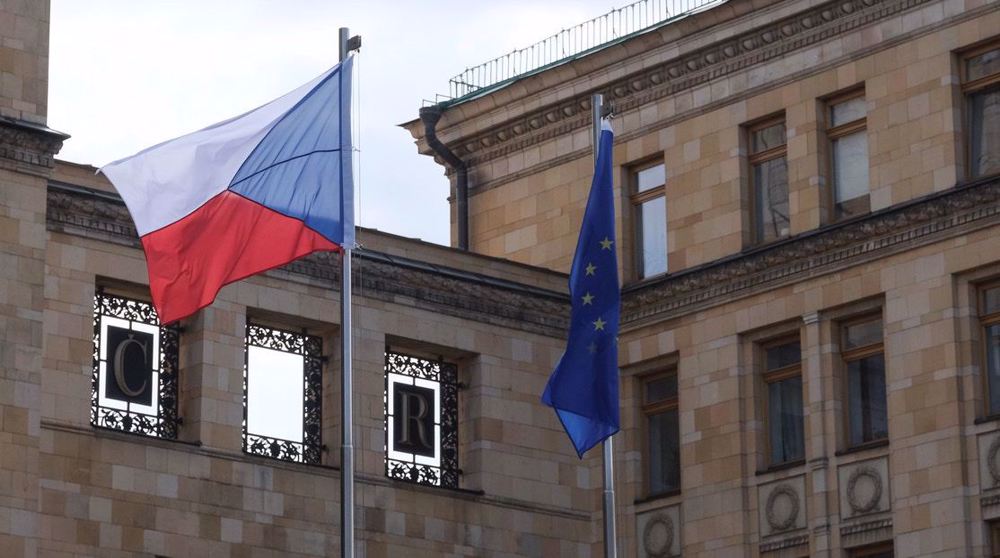
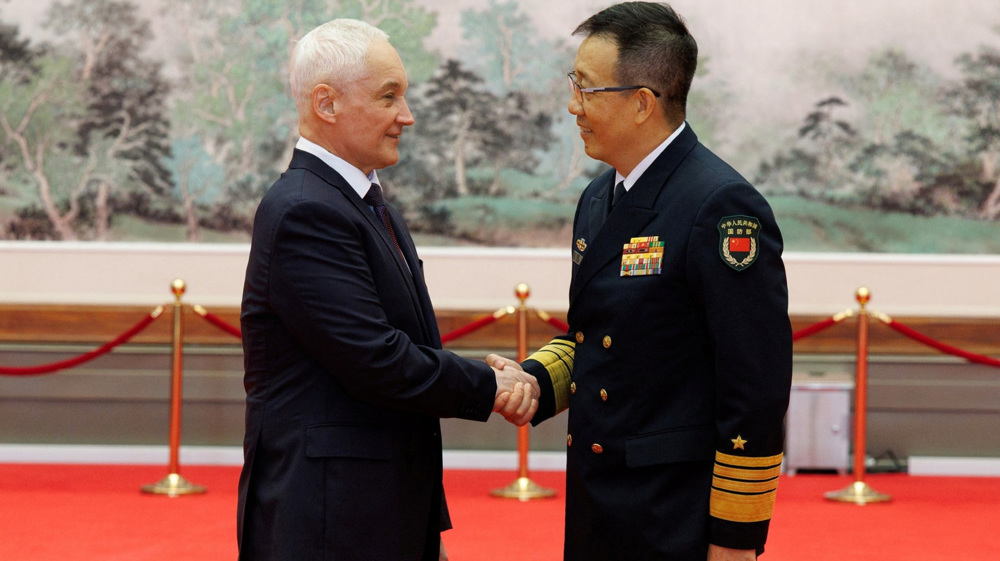
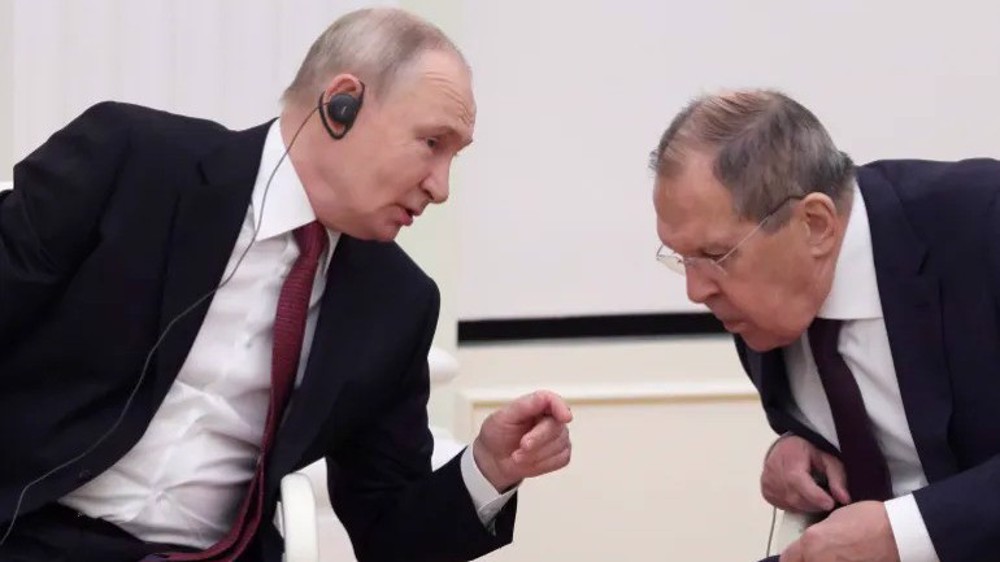
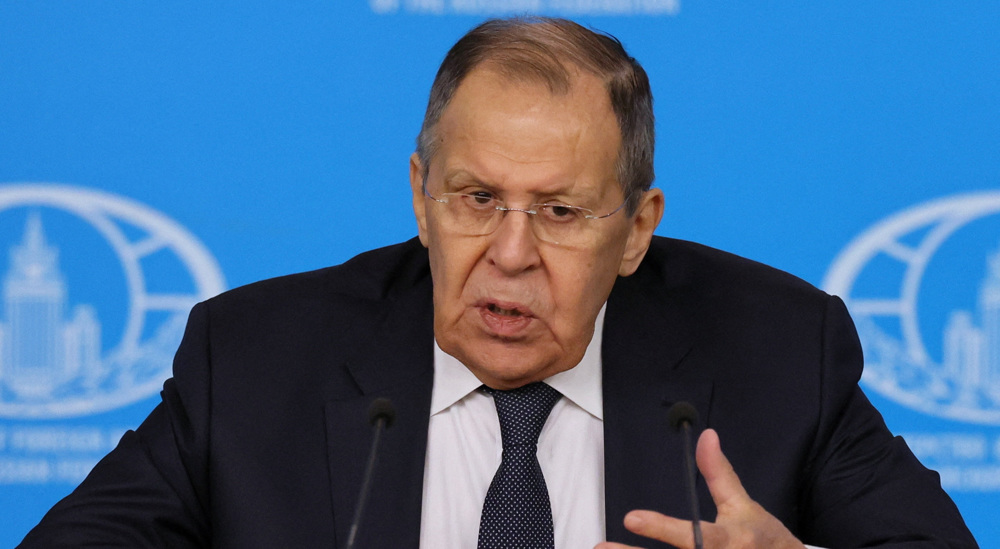



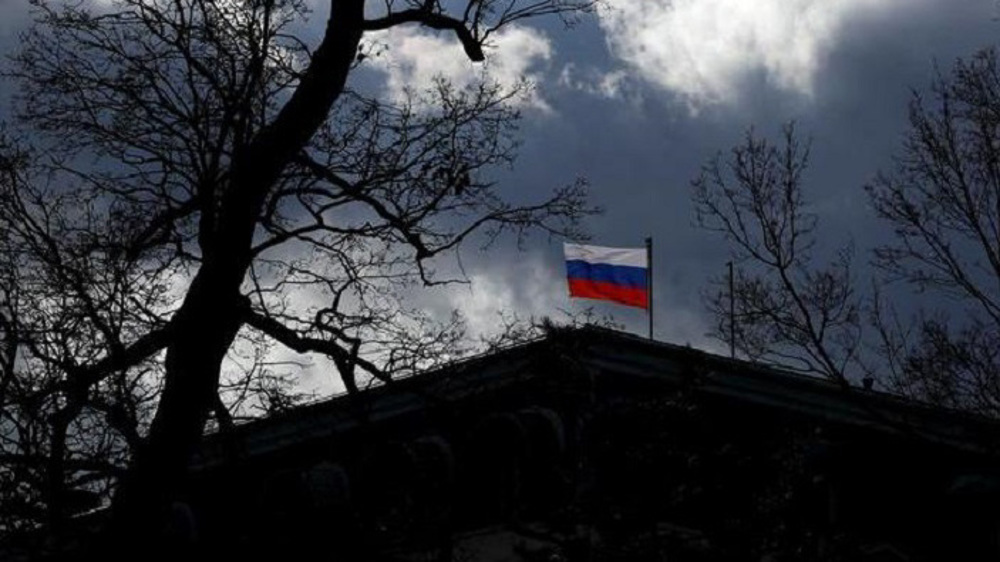


 This makes it easy to access the Press TV website
This makes it easy to access the Press TV website